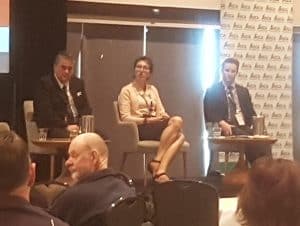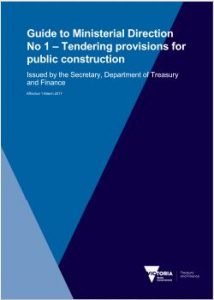For many years now workplace health and safety conferences have discussed Leadership and how it is vital to the establishment of appropriate safety performance and, often, the establishment of a safety culture. NSCA Foundation’s SafetyCONNECT conference was no different in some ways but there was a major concession in the last couple of the minutes of the conference.
 Many presenters implied, or stated, that Leadership is a critical element of successful safety management. They also said that safety starts from the top. It is not unreasonable to interpret these statements as meaning that Leadership is embodied in the Chief Executive Officer, Senior Executive or Director and that safety trickles down through the management structures like neoliberal nonsense.
Many presenters implied, or stated, that Leadership is a critical element of successful safety management. They also said that safety starts from the top. It is not unreasonable to interpret these statements as meaning that Leadership is embodied in the Chief Executive Officer, Senior Executive or Director and that safety trickles down through the management structures like neoliberal nonsense.


 Innovation in occupational health and safety (OHS) is often encouraged by government but government processes and policy can also discourage and limit this. An obvious example is where government insists on compliance with OHS laws in its tendering criteria but acknowledges that the tender safety criteria remains outdated and, privately, that OHS compliance is not enough to ensure a safe and healthy workplace.
Innovation in occupational health and safety (OHS) is often encouraged by government but government processes and policy can also discourage and limit this. An obvious example is where government insists on compliance with OHS laws in its tendering criteria but acknowledges that the tender safety criteria remains outdated and, privately, that OHS compliance is not enough to ensure a safe and healthy workplace.


